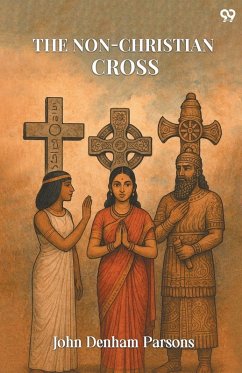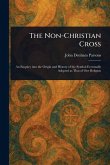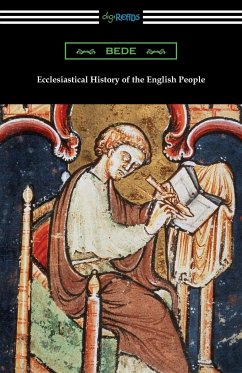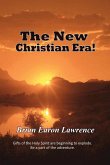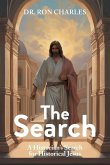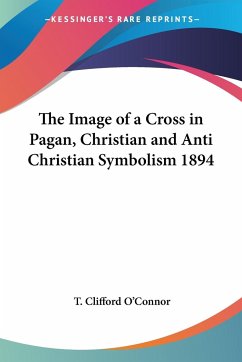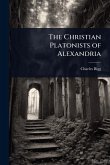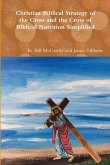The non-Christian cross presents a critical examination of the historical origins and symbolic interpretations of the cross, challenging its exclusive association with Christianity. Written as a scholarly exploration, the work raises fundamental questions about the form, function, and meaning of the cross in diverse cultural contexts. The introduction outlines several areas of inquiry, such as the visual representation of religious figures holding crosses, the ritual use of the symbol in early practices, and the evolving forms it has taken across civilizations. Rather than accepting the cross as inherently Christian, the book proposes that it was a widespread and ancient emblem, often connected to concepts of life, fertility, and cosmic order. By tracing its appearance in pre-Christian belief systems, the text reveals how religious symbols undergo transformation and reinterpretation over time. It invites the reader to consider how spiritual meaning can be inherited, adapted, or misattributed across eras. Through critical analysis and historical comparison, the author opens a broader discussion on the complexity of religious symbolism, asserting that the cultural weight of the cross extends far beyond its Christian application.
Bitte wählen Sie Ihr Anliegen aus.
Rechnungen
Retourenschein anfordern
Bestellstatus
Storno

